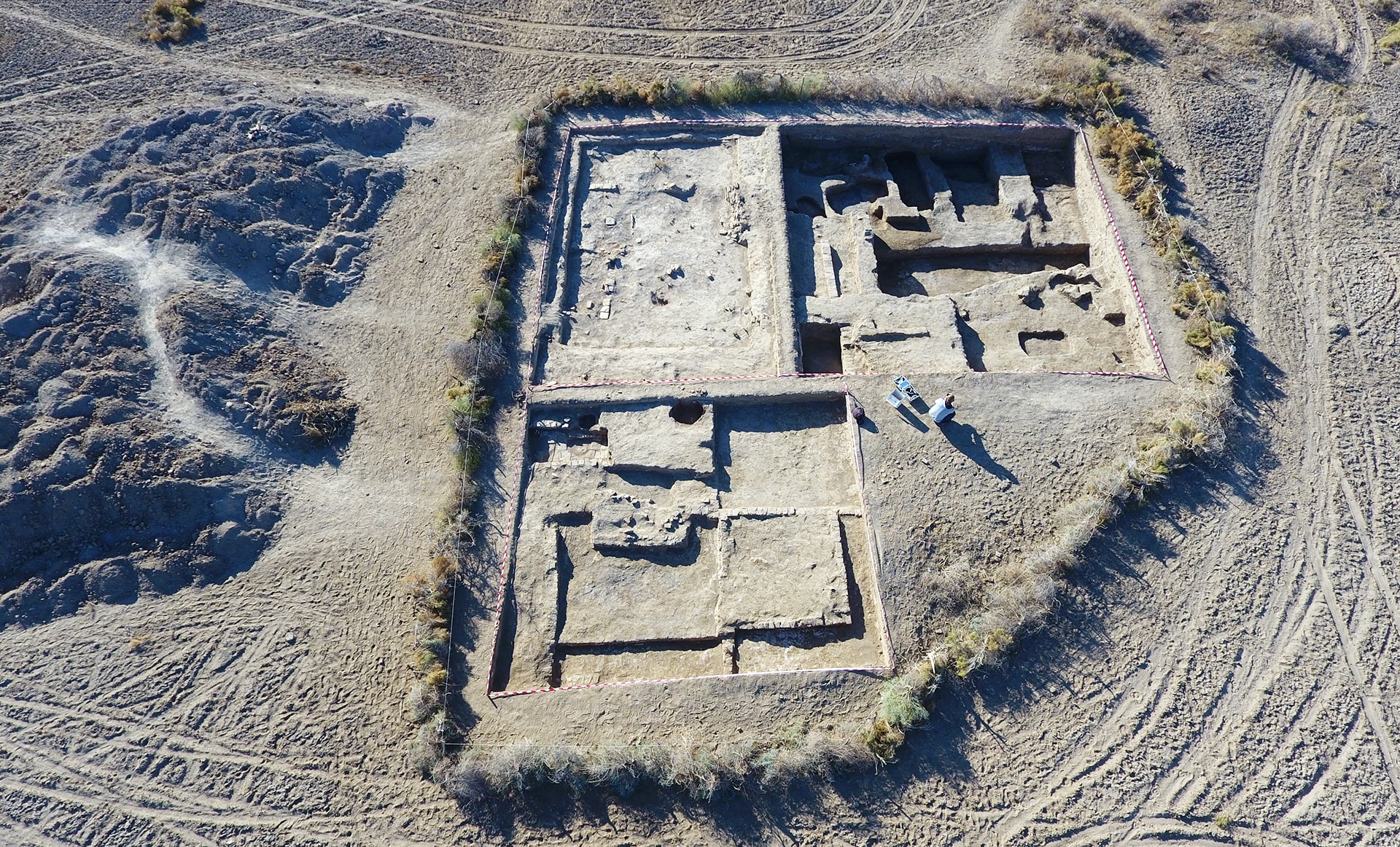Turkish, Italian and Kazakh Stars in the opera «Tosca»
On May 22 and 24, the main stage of the Astana Opera House will be the meeting place for stars. The famous tenor from Turkey Murat Karahan will perform Cavaradossi; baritone from Italy Elia Fabbian will perform the villain Scarpia, famous Kazakh opera singer, leading soloist of the Astana Opera House Zhupar Gabdullina will sing the title role of Floria Tosca.
For the soloist of the Ankara Opera House, guest soloist of the Latvian National Opera Murat Karahanandfor Elia Fabbian, who successfully performs on such prestigious stages around the world, including Teatroalla Scala in Milan, Teatro La Fenice in Venice and Teatro Carlo Felice in Genoa this will be a debut performance in the Astana Opera House. Soloists mentioned that they are looking forward to the meeting with Kazakhstani public.
One of the most frequently included in the repertoire of the world opera houses G. Puccini's «Tosca» will also be held on May 24, but with a different cast: the role of the title character – an Italian singer, patriot of her country will be performed by the Honored Worker of the Republic of Kazakhstan Margarita Dvoretskaya. The leading soloist of the Astana Opera House, People's Artist of the Republic of Armenia Barseg Tumanyan and the soloist of the Astana Opera House Yeskender Abzhanov are preparing to sing the part of the chief of Roman police Baron Scarpia.
The plot of the opera resembles a modern thriller with historical basis. Italian singer Tosca commits suicide, but even in the death scene, the director Luca Ronconi was able to express the beauty of the exalted soul of his heroine. The director emphasized human passions, or rather the love story of the painter Mario Cavaradossi and celebrated singer Floria Tosca, who by the will of fate were involved in political events and became victims of despotism, torture and execution.
Margherita Palli’s set design transfers the viewers to the historical events of the bygone times, when the French army commanded by Napoleon invaded Italian the year 1800. The images of buildings and temples –everything is represented in a distorted way, as a symbol of the fact that where there was a war, there is a place not only for material damage, but also for feelings and experiences. Vera Marzot’s beautiful costumes complement the visual aspect described with historical power.
Maestro Giuseppe Acquaviva from Italy will be conducting.
по материалам: www.mk.gov.kz







